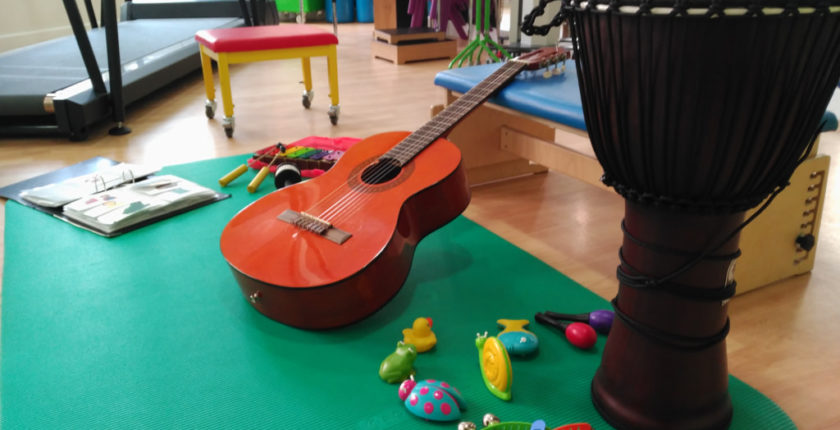Chroma highlights falls prevention benefits of music therapy
[ad_1]
Leading arts therapy provider Chroma has highlighted how Neurologic Music Therapy (NMT) can help avoid falls amongst the elderly population.
NMT entails the therapeutic application of music to cognitive, affective, sensory, language and motor dysfunctions due to disease or injury to the human nervous system.
Rhythmic Auditory Stimulation (RAS) is an important aspect of NMT. Within RAS programmes, strong and predictable rhythmic patterns are used to guide the sensori-motor movements required for walking. Predictable rhythmic structure allows the sensori-motor system to move in sync with the beat. Stroke patients have reported improved stride length and symmetry with RAS.

Advertisement
Daniel Thomas, Joint Managing Director & Neurologic Music Therapist at Chroma, said: “Music with high beats per minute (BPM) count promotes movement, good cadence and walking speed, so songs like Nancy Sinatra’s These Boots are Made for Walkin, which has 85 BPM is ideal.
“Walking speed correlates with functional ability and balance confidence. It has the potential to predict future health status, the risk of falls and a client’s fear of falling. BPM strongly correlates to step cadence, and therefore walking speed. Improved walking speed equates to improved balance.
“Increased muscle strength, gait and walking speed are all necessary factors required to reduce the risk of falls in the elderly. NMT has proven itself to be a cost-effective intervention to help improve such factors, and as a result, enhances the wellbeing and health of the elderly and the healthcare sector simultaneously.”
Daniel said neurologic music therapy used alongside physiotherapy enabled goals to be achieved sooner, due to patient engagement and the way music interacted with the sensori-motor systems of the body and brain.
[ad_2]
Source link

